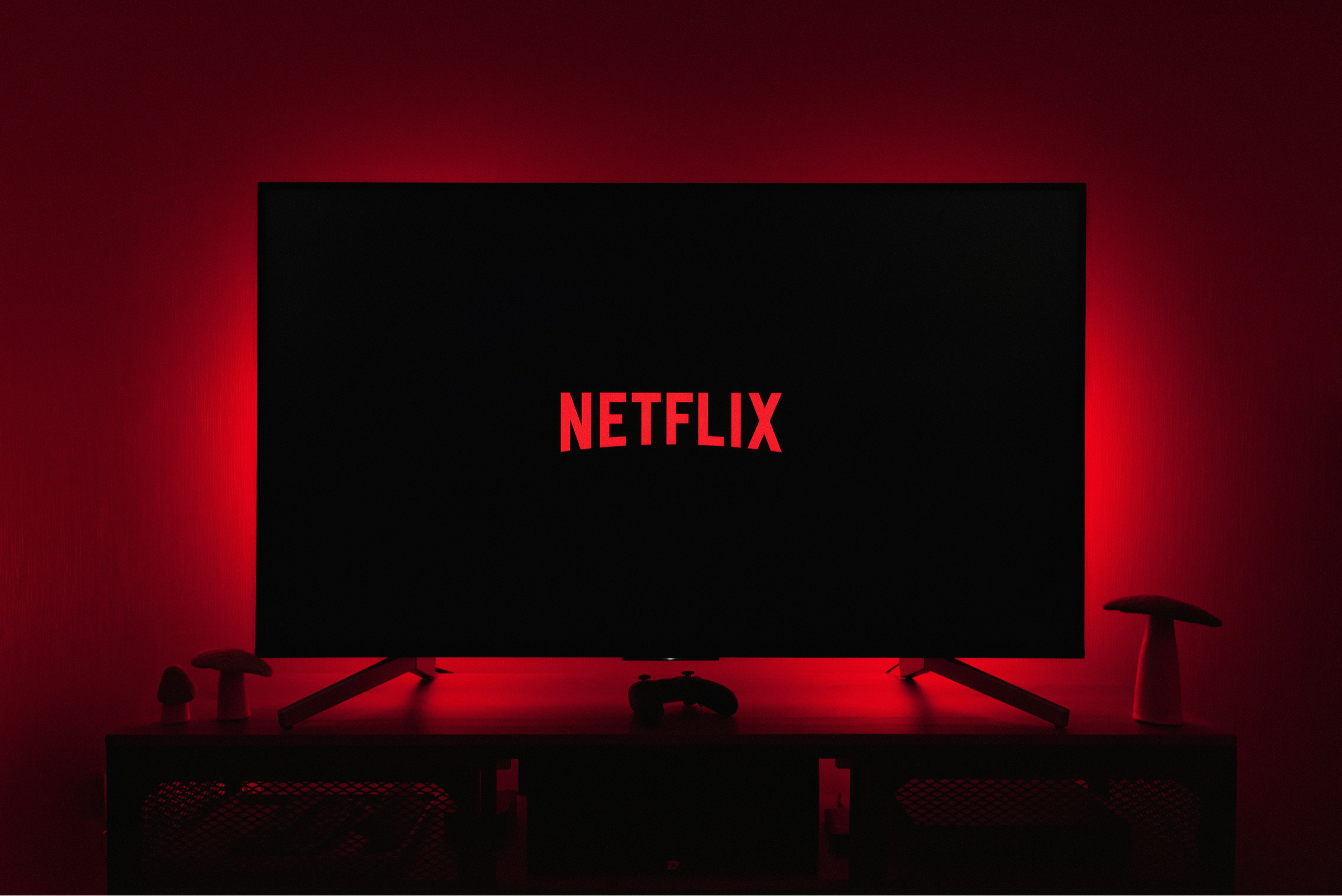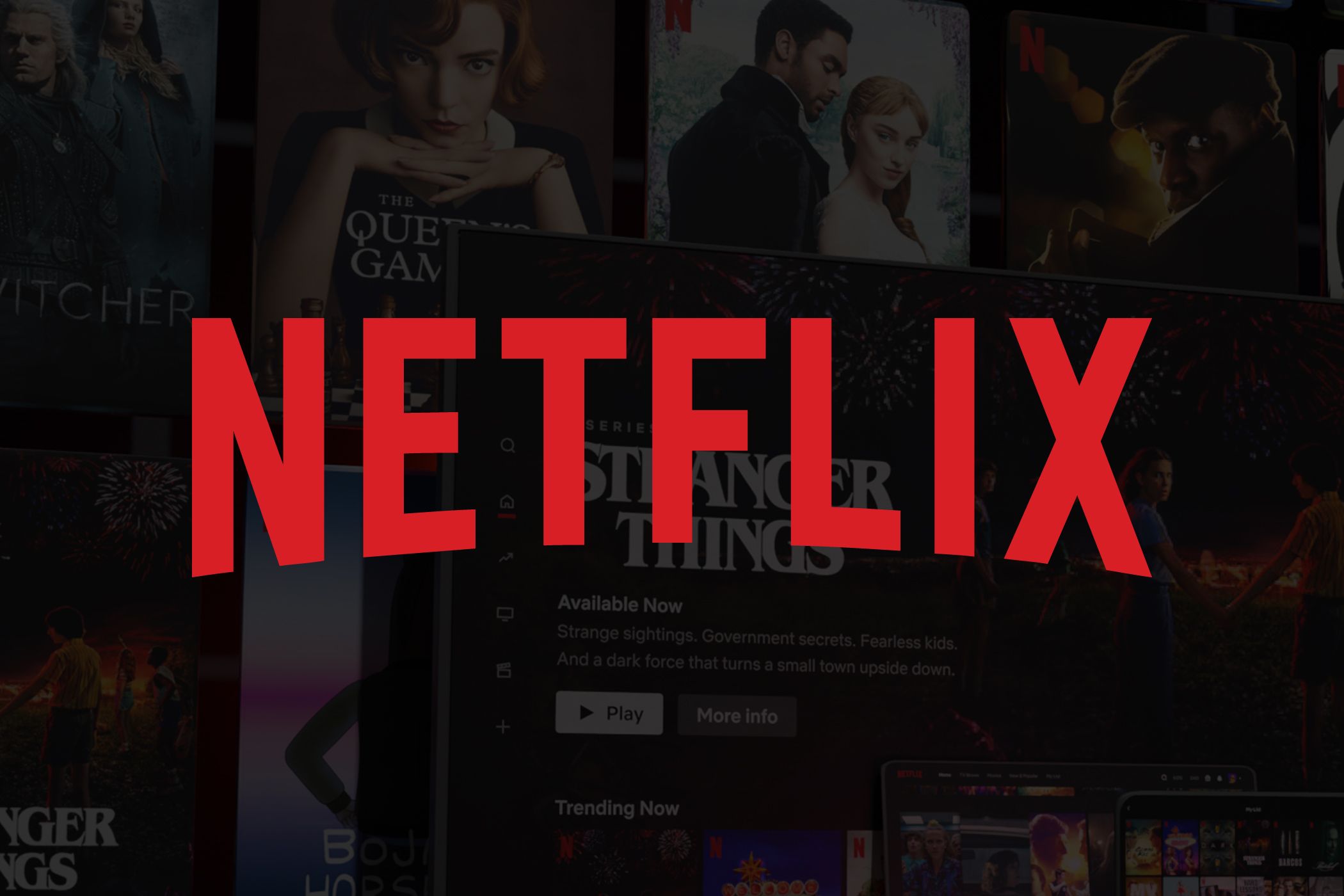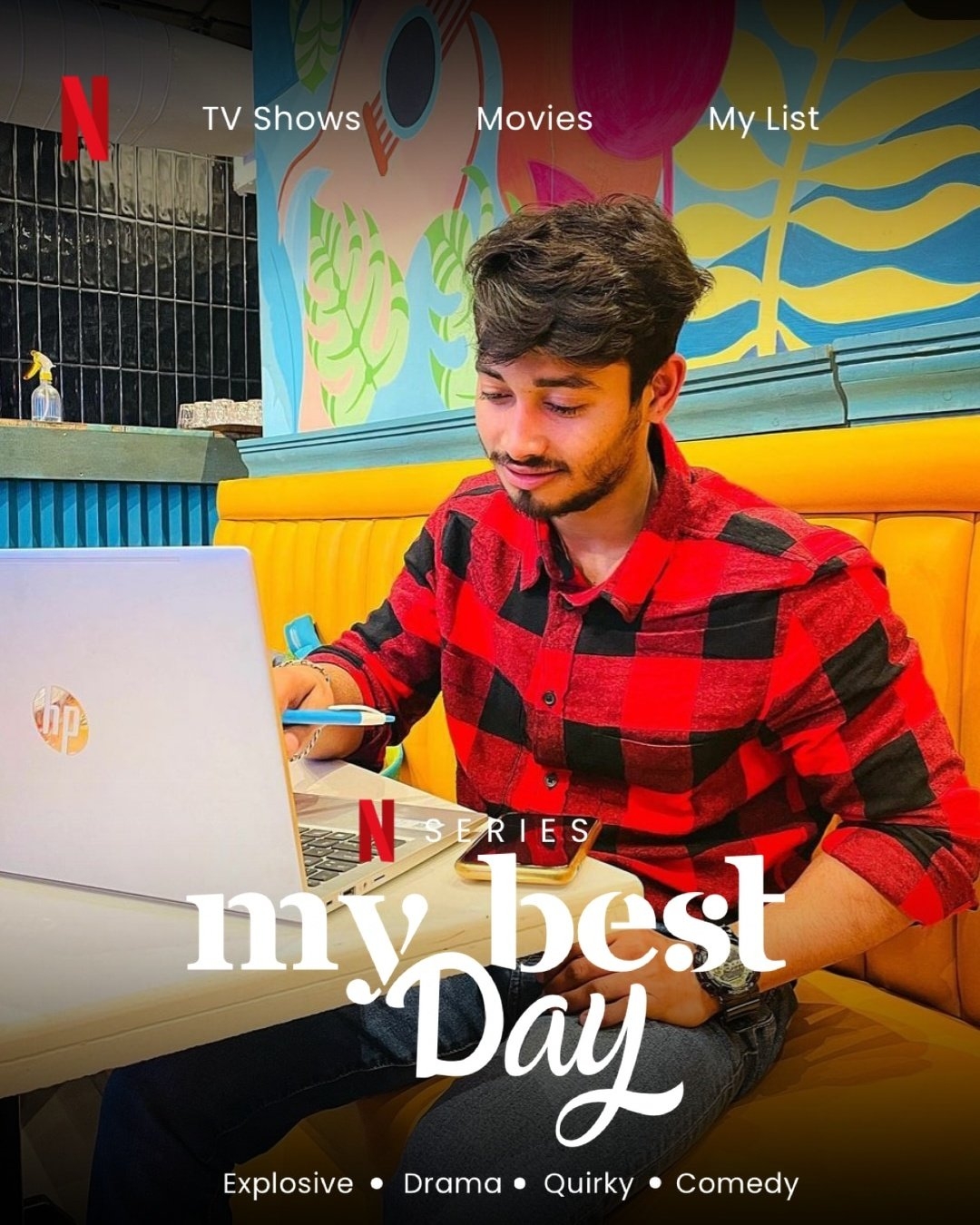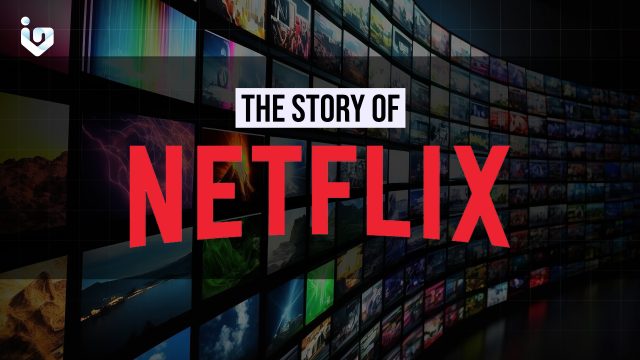Back
Account Deleted
Hey I am on Medial • 1y
Netflix had zero faith in Squid Game. They buried it under 6,000+ other shows. $0 marketing budget. Zero promotion. No push. Then, 111 million viewers crashed their servers in 28 days. Here's how an overlooked masterpiece silenced every doubter in Hollywood: 2021: Netflix quietly releases Squid Game. Content chief Kim Minyoung places it in category #783. Their data team predicts it will reach 2M viewers max. The show doesn't even make it to Netflix's homepage recommendations. But then something unexpected happens... By day 4, word spreads through social platforms: • 2.1B views in 24 hours • 1.2M TikTok videos created • Squid Game trends in 92 countries All organic. All user-generated. This revealed a massive shift in how content goes viral: The traditional Hollywood playbook was failing: • Paid promotions weren't effective • Big marketing budgets weren't working • Celebrity endorsements weren't needed What mattered was something entirely different: Squid Game proved modern audiences crave: • Raw authenticity over polish • Universal themes (survival, inequality) • Cultural specificity, not generic plots In 28 days, it hit 111M viewers without spending a dollar on marketing. But here's what really shocked Hollywood: The show's budget reveals the new media playbook: • Friends reruns cost Netflix: $100M • Stranger Things per episode: $30M • Squid Game total budget: $21.4M Yet Squid Game beat both in viewers. Here's the hidden pattern: What Netflix discovered: Authenticity creates virality. • Dalgona challenge: 11B views • Red Light Green Light: 9.5B views • Guard costume trend: 2.3B views All organic. No marketing team involved. This revealed something crucial: Content spreads differently these days: • Reels > TV ads • Fan theories > Official promotions • Reddit discussions > Press releases The audience became the marketing team. This changes everything for creators: Study the data pattern: • 87% completed episode 1 • 94% watched episode 2 • 98% finished the series Netflix had never seen retention like this. Their AI team found the reason:The "Cultural Paradox Effect": The more culturally specific content is... The more universally it resonates. • Local games untranslated • Korean honorifics kept intact • Seoul's class struggle unfiltered This broke every marketing rule Psychological triggers that worked: • Economic anxiety felt universal • Childhood games created nostalgia • Character bonds transcended language Netflix's internal study found: 93% of viewers related to the main character's struggles The new viral formula emerged: • Universal emotions • Cultural authenticity • Natural sharing triggers But there's an even bigger shift happening: inAI and the creator economy are transforming content forever. The tools that once cost millions now fit in your pocket. The gatekeepers are gone. The playing field has leveled.Here's what most don't see: Squid Game isn't just a Netflix success story. It's a blueprint for the future of digital wealth creation. The same patterns work for creators, solopreneurs, and builders.

Replies (21)
More like this
Recommendations from Medial
Rajan Paswan
Building for idea gu... • 1y
The Curious Case of Continue Watching! — Netflix In 2007, Netflix noticed a significant trend: many users were immediately clicking "Play" on the next episode of a show they were watching, even late at night. The Key Moment: This behavior wasn't ra
See MoreJaskaran Singh
Content Writer | Con... • 1y
YouTube isn’t just a passion anymore – it’s a business. 💼 (No matter what business you’re in, you’re in the marketing business.) 🎯 Here are 4 essential tips to boost your growth: 📈 1. Know your audience If you don’t know who you’re talking to,
See MoreHimank Gupta
Visit himankgupta.in... • 1y
Name - 'Fingo' I have created a game, game has been launched you can play. I have Attached the link. I want a cofounder who is good at seo and content marketing. I you are interested then message me or reply to the post so that everyone can see and l
See MoreJaswanth Jegan
Founder-Hexpertify.c... • 1y
"Netflix lost almost a Million Subscribers" Bankruptcy to Billions #7 Netflix turnaround from significant crisis In 2011 Netflix announced a change in its pricing and subscription plans. Initially customers could subscribe both DVD rentals and str
See More
Download the medial app to read full posts, comements and news.






















/entrackr/media/post_attachments/wp-content/uploads/2021/08/Accel-1.jpg)


















